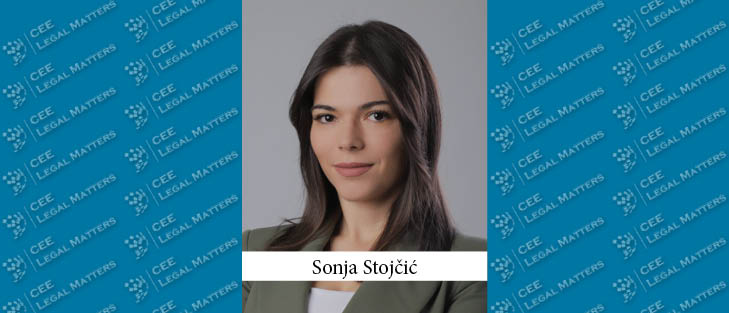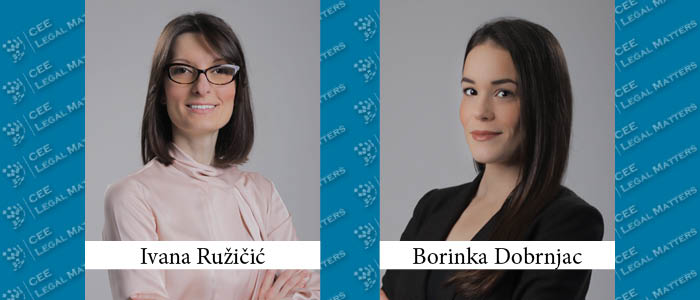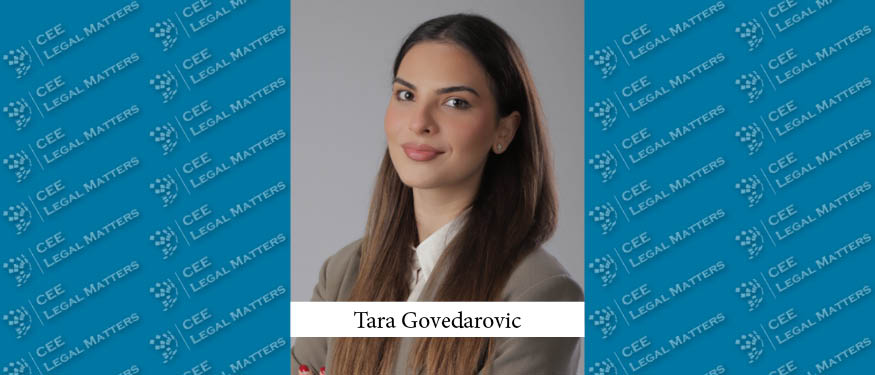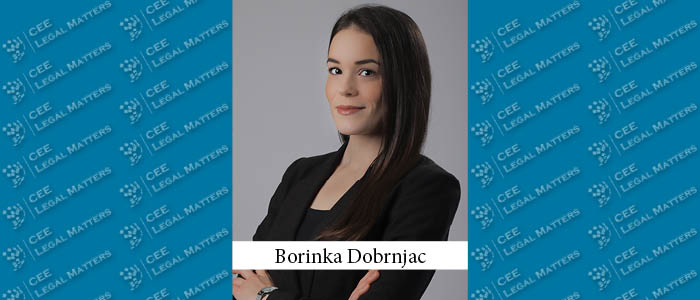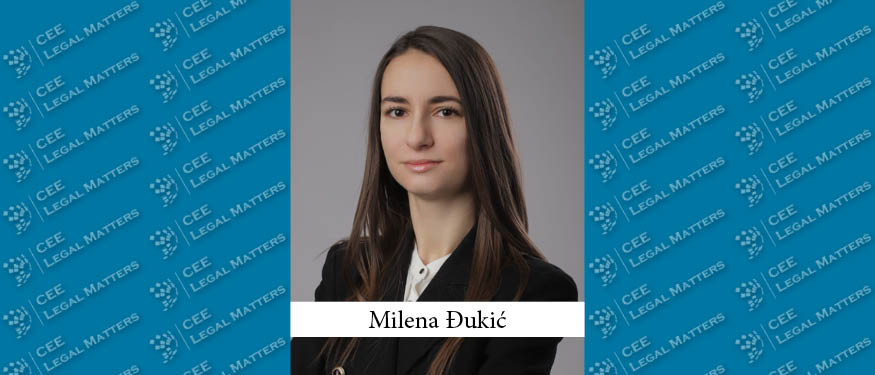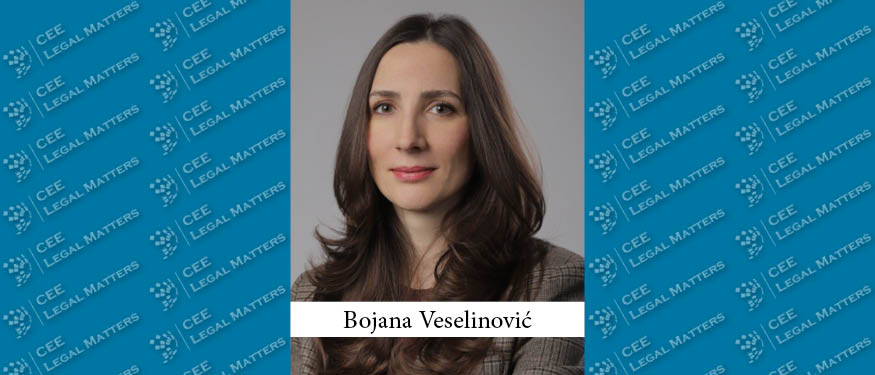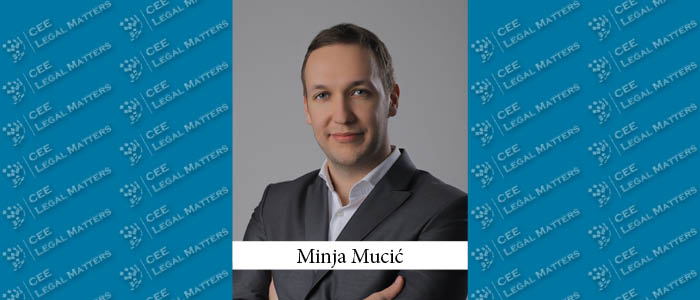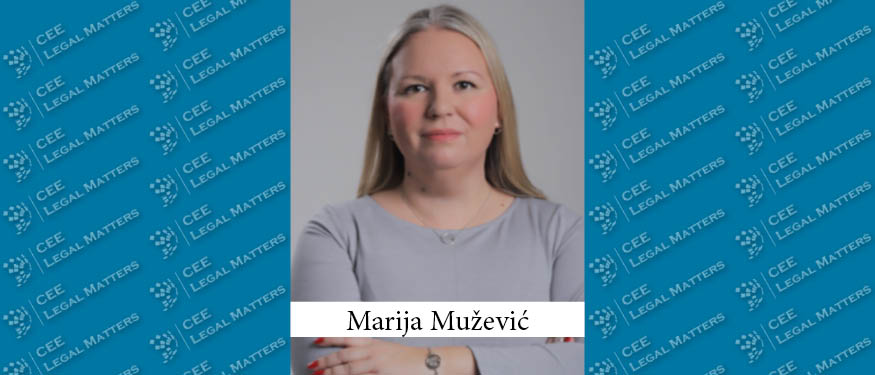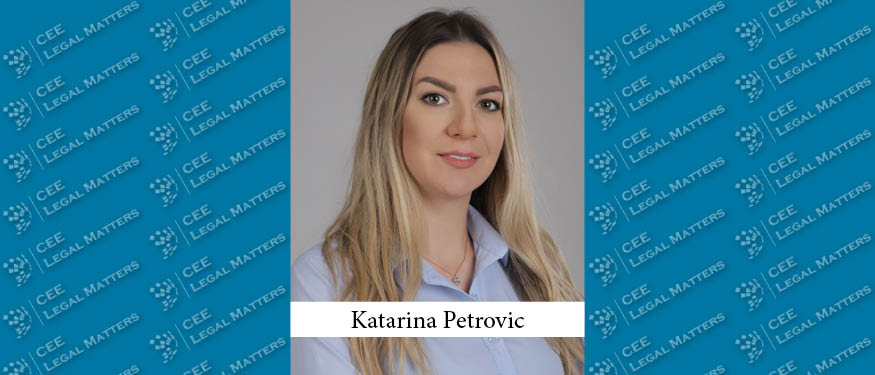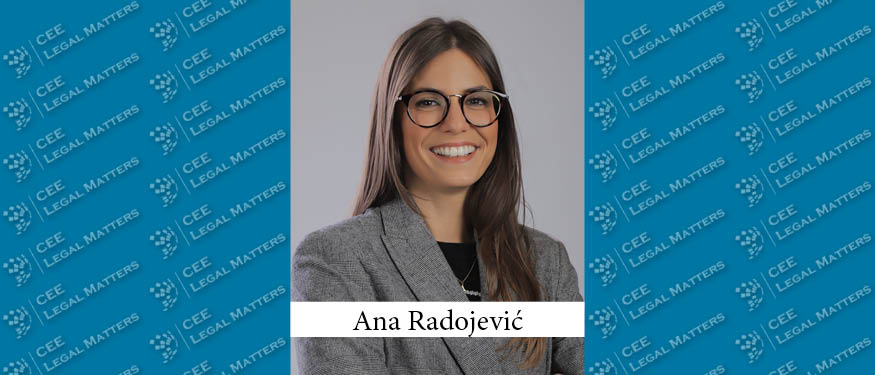The Court of Justice of the European Union (“CJEU”) has recently issued a significant judgment in the case “Lindenapotheke” (C-21/23), taking a clear stance on the processing of special categories of personal data, namely health data, in the context of online medicine sales within the pharmaceutical industry. The ruling sheds light on how the General Data Protection Regulation (“GDPR”) applies to the data that users provide when ordering pharmacy-only medicinal products online, even those not subject to prescription, and provides clear guidance on the rights and obligations of data controllers.
The Corner Office: Inflationary Pressure
In The Corner Office, we ask Managing Partners at law firms across Central and Eastern Europe about their backgrounds, strategies, and responsibilities. This time around, we dug deeper into a discussion point that came up during our last event: During our annual General Counsel Summit held in Prague recently, we’ve learned that even with the inflation in CEE having hovered around 14-20% in recent years, legal fees have remained static or have even decreased in some jurisdictions. Given that, how has your firm managed to consistently deliver high-quality service under these constraints?
Serbia: The Right of Employees to Compensation for Commuting Costs in Light of New Challenges
The year 2025 began with a development that raised important questions regarding the interpretation of the Serbian Labor Law, specifically concerning employees’ right to compensation for commuting costs.
Individual, Collective and Certification Trademarks – What’s the Difference?
Trademark protection represents one of the most important aspects of legal protection of business operations and brand identity in the Serbian market. By properly selecting and registering the appropriate type of trademark, rights holders ensure a competitive advantage, brand recognition, and consumer trust. In this article, we provide an overview of the basic types of trademarks under the current Law on Trademarks (Official Gazette of the RS No. 6/2020), with a special focus on practical aspects of their application.
Employee’s Right to Access Personal Data After Termination of Employment
The data subject has the right to access the data processed by the controller about them, a right guaranteed by both the EU General Data Protection Regulation (“GDPR”) of April 14, 2016, which came into force on May 25, 2018, and the Law on Personal Data Protection of the Republic of Serbia.
Rights of Foreigners in Case of Employment Termination
When it comes to foreigners residing or planning to reside in the Republic of Serbia, the most common practical issue involves the procedure for issuing a single permit for residence and work in the Republic of Serbia (“Single permit”).
Intellectual Property – A Permitted Monopoly in the Pharmaceutical Industry
As a driving force behind human progress, Intellectual Property represents property arising from the creative, inventive, or innovative activity of a human being. Such activities are protected by permitted monopolies made possible through Intellectual Property Rights. A particular challenge lies in finding a balance between protecting innovation through Intellectual Property Rights and the public interest—especially in industries where this balance plays a significant role, such as the pharmaceutical industry.
AKT Joins Forces with PR Legal
AKT Todorovic & Partners has joined forces with PR Legal with Ivan Todorovic becoming a Partner. At the same time, Ivana Ruzicic has taken over as sole Managing Partner.
Obligations of Traders in Advertising Food Products
The Assembly of the Serbian Chamber of Commerce (“SCoC”) recently adopted the Code of Practice for Advertising by Wholesale and Retail Traders of Food Products (“Code”), which entered into force on January 1, 2025.
The Corner Office: Off The Partnership Track
In The Corner Office, we ask Managing Partners at law firms across Central and Eastern Europe about their backgrounds, strategies, and responsibilities. This time around we asked: If you have a formal partnership track, how do you handle lawyers on it who do NOT end up living up to the requirements to make a Partner?
The Commission For Protection Of Competition Conducts Sectoral Analysis in the Pharmaceutical Industry
The Commission For Protection Of Competition of the Republic of Serbia (“Commission“) recently announced that it will conduct a sectoral analysis of the pharmaceutical industry, specifically examining market conditions and competition in the human drug market in Serbia. This decision comes in light of increasing regulatory oversight and the need to assess competitive conditions in this key sector.
The Corner Office: New Practice Development Strategy
In The Corner Office, we ask Managing Partners at law firms across Central and Eastern Europe about their backgrounds, strategies, and responsibilities. This time around we turn our attention to setting up new practices and ask: When launching a new practice, what is your go-to strategy – do you look at internal team members to spearhead it, or are you more likely to turn to lateral hires? Why?
Unauthorized Monitoring of Employees’ Email – A Case from Italian Practice
This article analyzes the Decision of the Italian Data Protection Commissioner (“Commissioner“) No. 472 of July 17, 2024 (“Decision“), which concerns the monitoring of employees’ official computers and emails, and the protection of personal data in accordance with Italian regulations and the General Data Protection Regulation of the European Union, which was adopted on April 14, 2016, and came into force on May 25, 2018 (“GDPR”).
Trends and the Future Role of Office Managers in the Legal Sector
Initially, the role of Office Managers in law firms was focused on administrative and organizational tasks, such as managing documentation, coordinating meetings, and ensuring the smooth operation of the office.
The Corner Office: Conference, Anyone?
In The Corner Office, we ask Managing Partners at law firms across Central and Eastern Europe about their backgrounds, strategies, and responsibilities. As sunny days recede, the fall conference season is upon us, so we asked: How do you determine which Partner attends which events?
First Year of the New EU-U.S. Data Privacy Framework: Analysis of Reports by the European Commission and the European Data Protection Board
The European Commission and the European Data Protection Board (“EDPB”) have recently published reports on the first year of implementation of the new EU–U.S. Data Privacy Framework (“DPF”). These reports analyze the application of data protection mechanisms in cross-border transfers between the EU and the U.S., as well as ongoing challenges.
Legal Challenges for OpenAI
In light of Elon Musk’s recently expanded lawsuit, which includes antitrust claims and names Microsoft as an additional defendant, OpenAI faces yet another legal challenge. As a global leader in the development of generative artificial intelligence, OpenAI remains committed to its mission: creating AI technology that benefits humanity while actively addressing legal and ethical dilemmas.
Redistribution of Working Hours: Limitations and Conditions for Reapplication During the Calendar Year
In this article, we address the issue of the redistribution of working hours, specifically the conditions and limitations for its introduction and application within a single calendar year.

